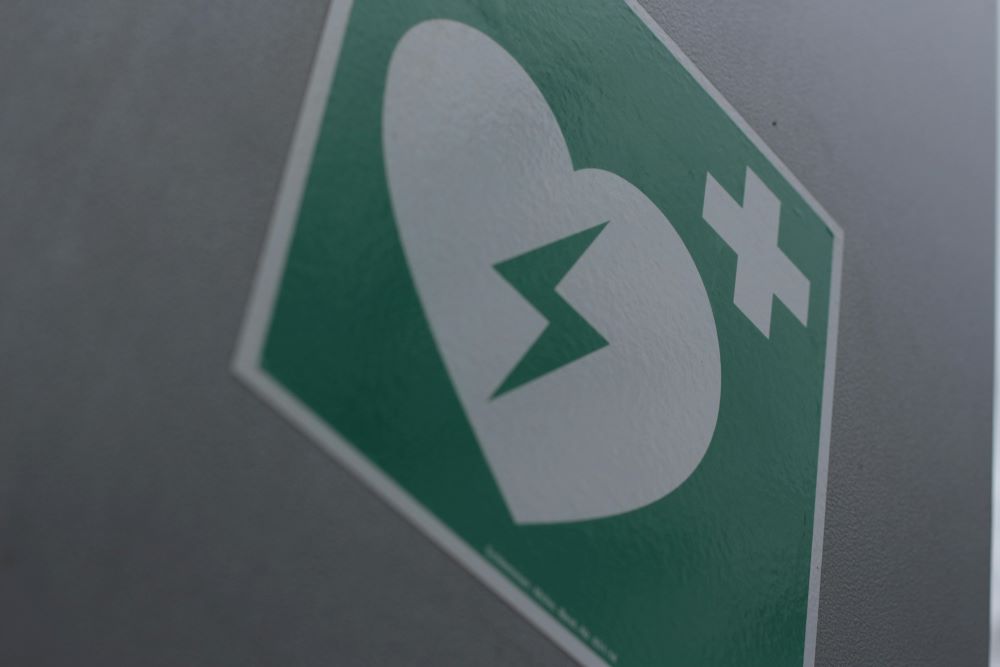Women with endometriosis were found to have approximately a 20% higher risk of experiencing a heart attack
Recent findings from the European Society of Cardiology’s 2024 conference reveal a significant link between endometriosis and an increased risk of cardiovascular diseases (CVD) in women. The study suggests that women with endometriosis face a 20% higher likelihood of experiencing serious cardiovascular events, such as heart attacks and strokes, compared to those without the condition.
Endometriosis is a chronic condition where tissue grows outside of a women’s uterine cavity. It affects roughly 10% of women of reproductive age worldwide. The misplaced tissue responds to hormonal changes during the menstrual cycle, causing lesions, scarring, and adhesions, which can result in chronic pelvic pain, inflammations, and other symptoms. Despite its prevalence, endometriosis is often underdiagnosed and misunderstood, sometimes leading to significant delays in treatment, leaving women in severe discomfort without answers or solutions to the pain.
CVD refers to a group of disorders affecting the heart and blood vessels, including conditions like coronary artery disease, heart attacks, strokes, and heart failure. It is the leading cause of death globally, accounting for nearly 18 million deaths each year, which represents about 32% of all deaths worldwide, according to the World Health Organization (WHO). Risk factors for CVD include high blood pressure, high cholesterol, smoking, obesity, and diabetes – and now, perhaps, endometriosis.

The new study highlighted the importance of considering gender-specific factors in assessing cardiovascular risk, with CVD being typically considered a male-oriented disease. While 1 in 3 women die from cardiovascular disease, 1 in 10 women suffer from endometriosis. These findings suggest a need for more inclusive risk assessment guidelines that take into account the unique health challenges faced by women.
The research used Danish national registries to track all women diagnosed with endometriosis between 1977 and 2021. These women were matched with a control group of women without endometriosis at a 1:4 ratio, ensuring a robust comparison. The primary focus was on the combined incidence of acute myocardial infarction (heart attack) and ischemic stroke. Additionally, the study examined secondary outcomes, including arrhythmias, heart failure, and overall mortality.
A total of 60,508 women with endometriosis were included in the analysis, alongside 242,032 matched controls. With a median follow-up period of 16 years (and up to 45 years in some cases), the study provides one of the most comprehensive insights into the long-term serious cardiovascular events associated with endometriosis.
Women with endometriosis were found to have approximately a 20% higher risk of experiencing a heart attack or ischemic stroke compared to those without the condition. The study also revealed a 35% higher risk of acute myocardial infarction and an 18% higher risk of ischemic stroke among women with endometriosis. In addition to these major outcomes, the research also identified an increased risk of arrhythmias and heart failure in women with endometriosis.
Dr. Eva Havers-Borgersen, the lead author of the study, emphasized the importance of integrating female-specific risk factors into cardiovascular disease prediction models. She noted that although the absolute differences in risk might seem modest, the relative differences are significant, especially considering the high prevalence of endometriosis.
Sources:
Endometriosis linked to increased risk of heart attack and stroke in women
Cardiovascular diseases (CVDs)
Women with endometriosis at greater associated risk of heart attack and stroke, research finds


Join the conversation!